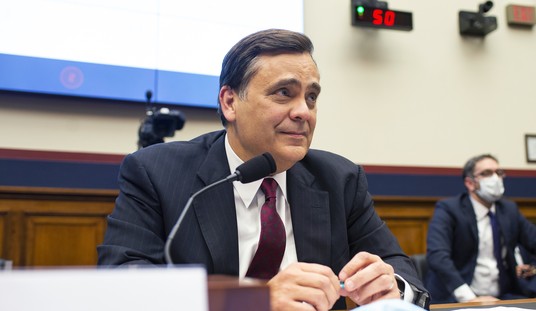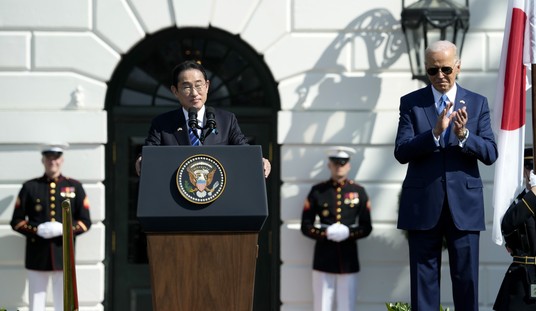U.S. utility company Duke Energy supplies utilities to the U.S. Marine Corps base at Camp Lejeune. Part of that power provision includes storage batteries. Those batteries were sourced from China, and now Congress is insisting that Duke Energy decommission those batteries, citing the possibility that Chinese hackers working for the Chinese Communist Party (CCP) may be able to access the batteries, and through them, the power grid.
WASHINGTON, Feb 9 (Reuters) - Under pressure from Congress, U.S. utility company Duke Energy (DUK.N), opens new tab plans to decommission energy-storage batteries produced by Chinese battery maker CATL at one of the nation's largest Marine Corps bases and will phase out CATL products at its civilian projects, the company confirmed to Reuters.
The decision, which has not been previously reported, comes as top U.S. officials warn that hackers linked to the Chinese government are targeting network-linked critical U.S. infrastructure, including the power grid.
The permanent shutdown of the batteries, less than a year after a ribbon cutting that involved U.S. military brass, is the latest example of how strategic competition between the United States and China is affecting U.S. and Chinese businesses - sometimes in dramatic ways.
The company had been considering the Chinese battery maker for other projects, but that consideration will now be put on hold.
Duke Energy had sought to assuage concerns in Congress over possible network vulnerabilities arising from the batteries, sending at least five executives, including its chief security and information officer to meet with staff of the House of Representatives select committee on China in the first week of January, according to two sources familiar with the discussions.
While the Duke Energy executives told the staff that they were confident in the security of the batteries, they also expressed a desire to address congressional concerns, the sources said.
The executives disclosed in the meeting that the company had been considering CATL batteries for about two dozen other projects.
Everyone is confident in the security of things like this, until they aren't.
Many in the industry say that Chinese batteries cells themselves do not present serious security concerns.
But communications systems on the batteries could be vulnerable to hacking, security experts say, allowing a potential adversary to trigger repeated surges and cuts in current to the electricity grid, causing cascading failure.
If "security experts" are concerned, why is the Department of the Navy - or Duke Energy - not pressing these experts to describe precisely how these batteries are vulnerable? Add this to a considerable list of issues with battery technology that have arisen of late.
See Related: Dose of Reality: Toyota Chairman Says EVs Will Only Take Up 30% of Car Market, Pols Should Stand Aside
Electric Vehicles Enter the 'Total Failure' Phase of Their Existence
China, it should be noted, is not a nation that has the United States' best interest at heart. And this, once again, is the best argument for relying less on Chinese technology and more on American natural gas for electricity. If storage batteries for backup are an issue, then it's in our nation's interest to address this within our own country rather than relying on China -- or anywhere else.













Join the conversation as a VIP Member